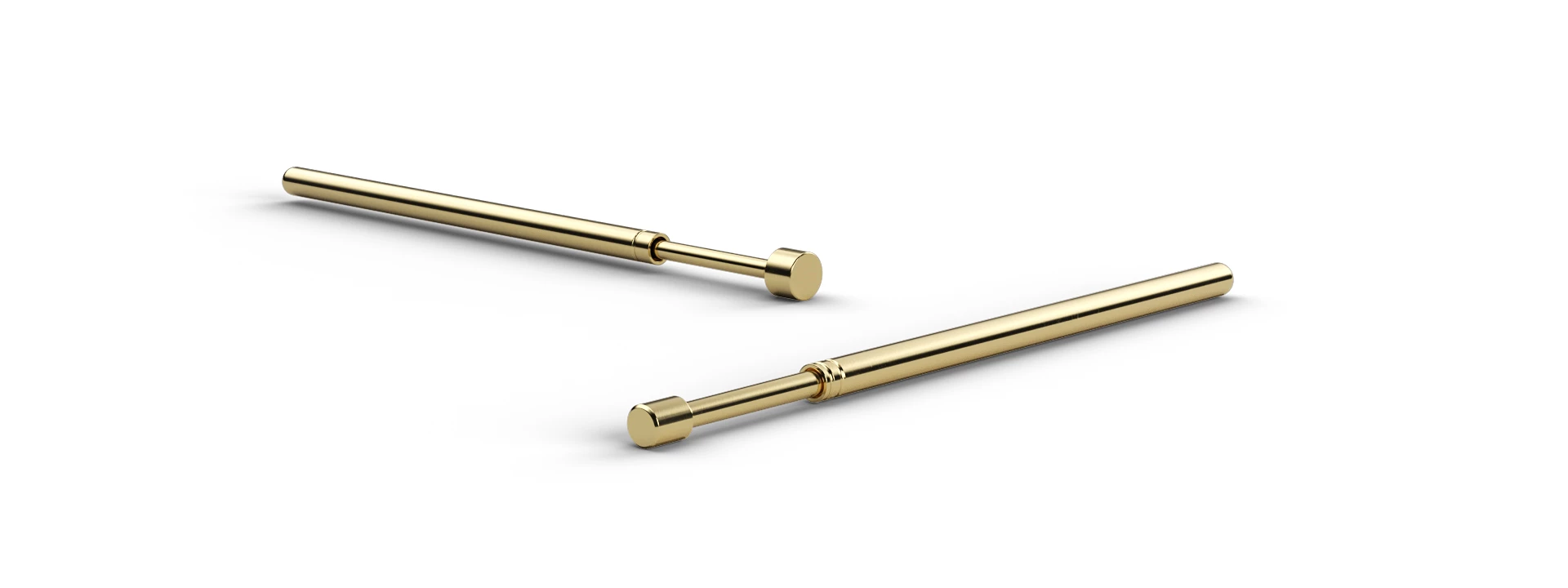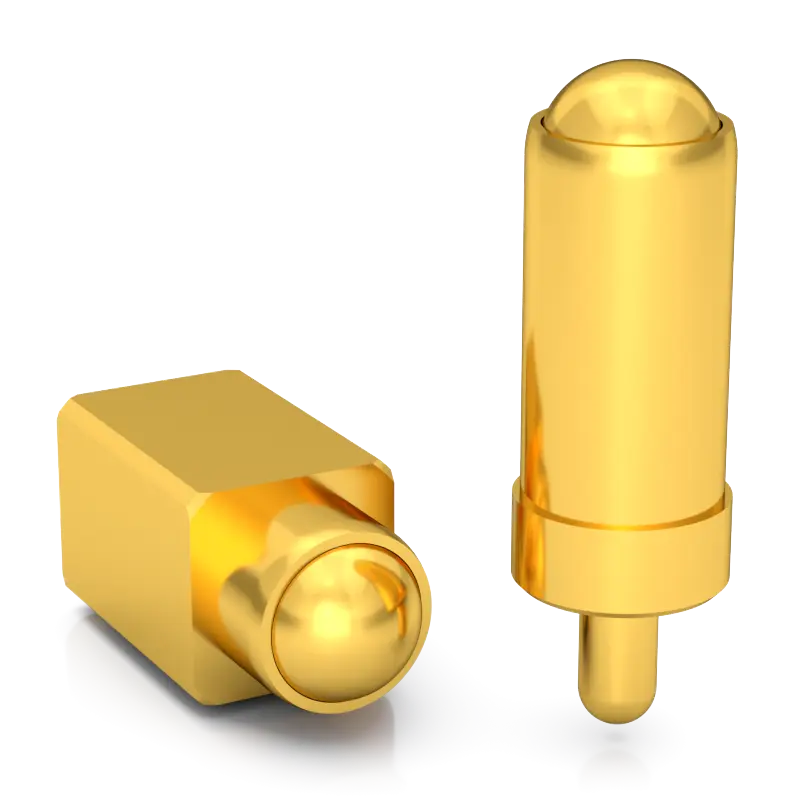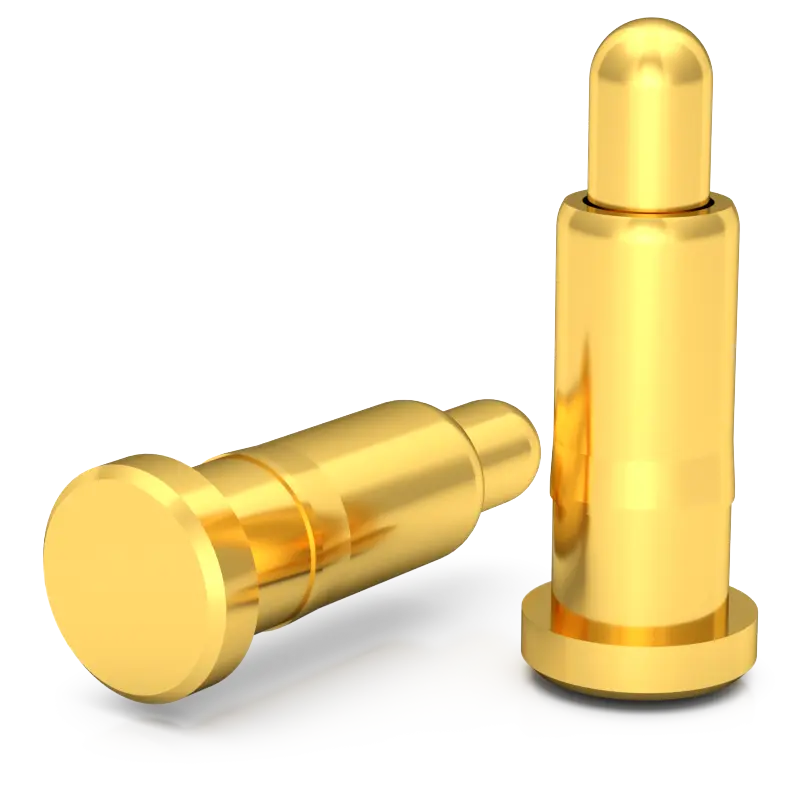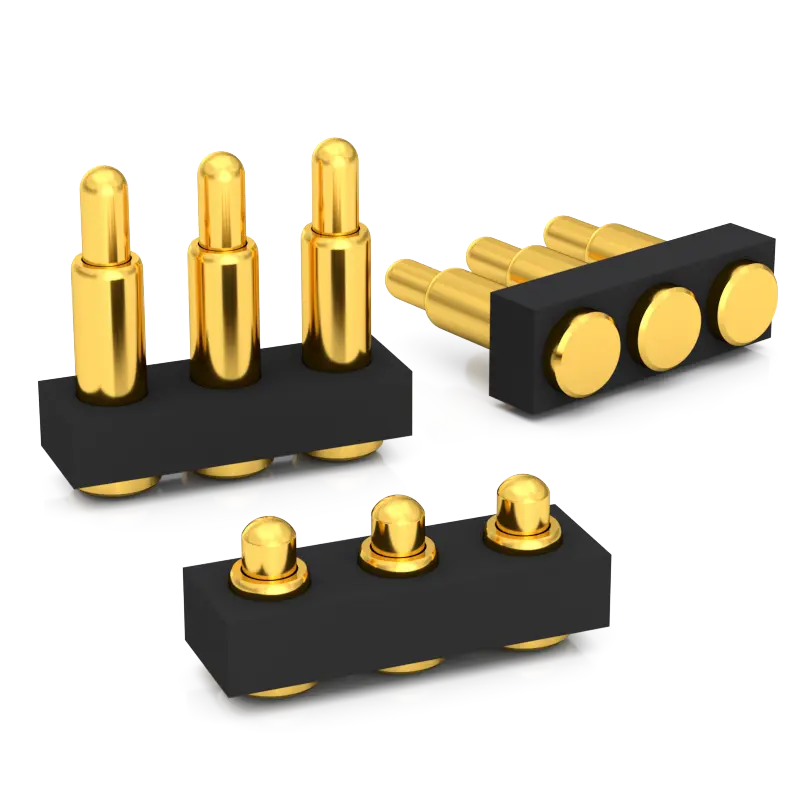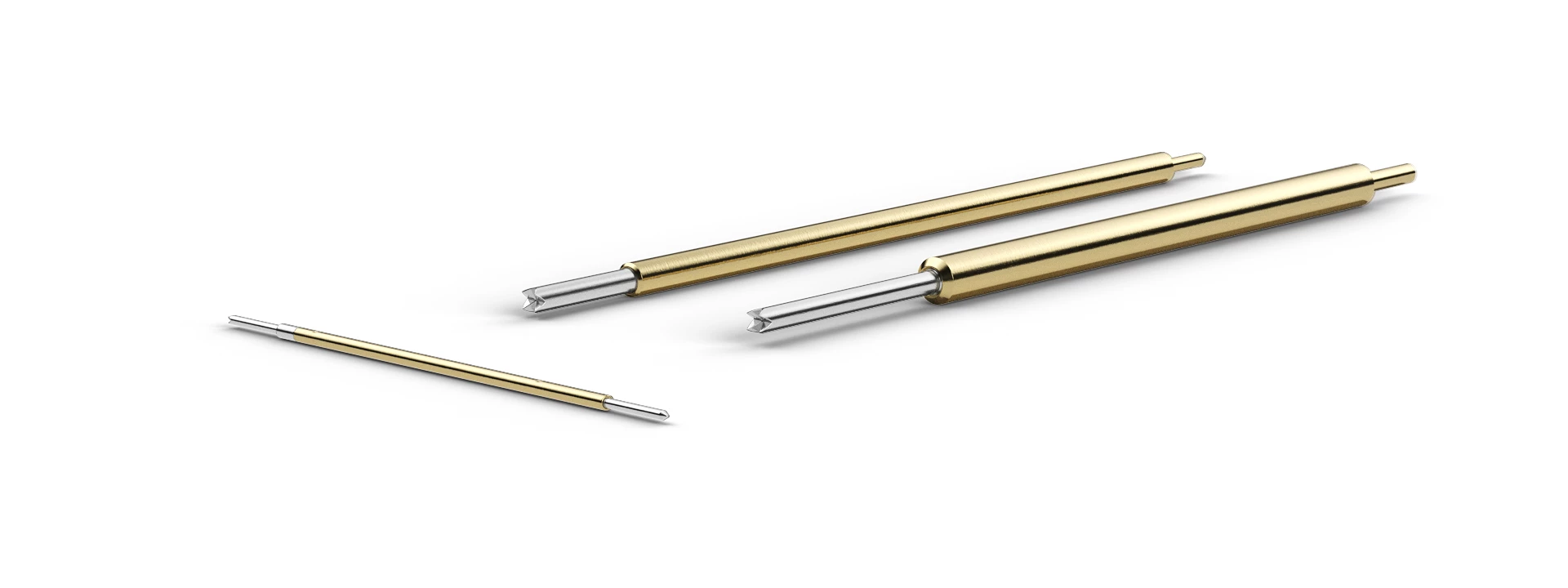First of all, keeping the probe clean is the key. Before and after using the probe, be sure to clean it with an appropriate detergent. This can remove dirt and oxides on the probe surface and prevent it from affecting the test results. At the same time, regularly check the wear of the probe and replace the severely worn probe in time to ensure the accuracy and reliability of the test.
Secondly, correct use and operation are also important factors in improving the life of the probe. During use, avoid using excessive current and voltage to avoid damage to the probe. In addition, avoid frequent plugging and unplugging of the probe, which can reduce the wear of the contact part of the probe. At the same time, avoid using the probe in a high temperature environment, because high temperature may cause aging and deformation of the probe material.
In addition, proper storage and maintenance also play an important role in extending the life of the probe. When the probe is not in use, it should be stored in a dry, clean environment away from dust and moisture. At the same time, use an appropriate protective cover or cover to protect the high end of the probe to avoid collision and damage.
Finally, regular maintenance and overhaul are also necessary steps to improve the life of the probe. Regularly check whether the connection part of the probe is loose, and tighten it in time if it is loose. In addition, applying conductive grease regularly can effectively reduce the contact resistance of the probe and improve the accuracy of the test.
In short, practical tips for extending the life of electronic test probes include keeping them clean, using and operating them correctly, storing and maintaining them correctly, and maintaining and overhauling them regularly. By following these tips, we can extend the life of the probes and improve the accuracy and reliability of the test.
